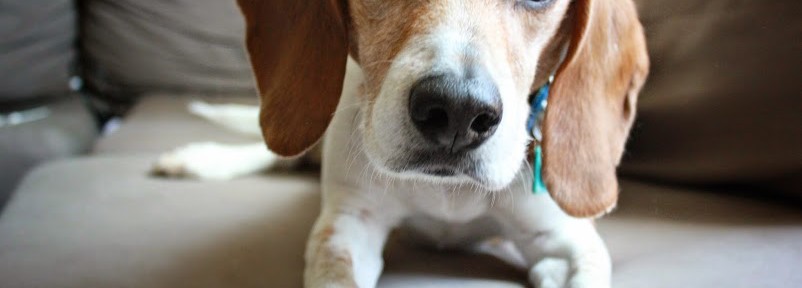1) Networking
I said it before, and I’ll say it again; networking works. APA Convention gives you easy access to hundreds of potential employers all in one place. Plus, for those of us that have difficulty with networking and meeting new people, Convention provides an abundance of conversation starters.
“I really enjoyed your presentation, what can I do to learn more
about working in this field?” or, “Did you go to the Presidential
address? What did you think about XYZ?”
2) It makes you smarter
Like eating a healthy breakfast, or wearing the diadem of Rowena Ravenclaw, going to Convention makes you smarter. In a study (which I just made up), students who attended Convention at least once were considered more informed than the control group who did not attend Convention. In seriousness, attending Convention exposes you to ideas outside of your graduate school bubble, opening you up to new concepts and letting you experience some of the great work other people are doing that you wouldn’t see otherwise.
3) Easier than reading it in an article
Sure, if you wait a year or two you will be able to read about a lot of the work being presented at Convention. But wouldn’t you rather listen to the researcher tell you about it him/herself? Then you can ask questions, get clarification, or even volunteer to help on a follow-up study.
4) Sessions for students, by students
APAGS kicks ass (or butt) at creating Convention programming you can’t get anywhere else. The APAGS Convention Committee always develops (in my very biased opinion) some of the best, most useful programs at Convention. Having trouble finding a mentor, or having trouble with a current mentor? Come to our mentorship session Turbo-Charging Your Career: Finding and Keeping a Good Mentor. Are you a non-traditional student struggling with issues traditional graduate students don’t understand? Come to Non-traditional Students and Graduate School: Student experiences, Personal Challenges and Open Discussion. These are just a few of the many programs developed to address specific graduate student needs you can’t find anywhere else!
 5) Oh Canada!
5) Oh Canada!
Ever been to Canada? Here is your chance to travel internationally and visit the Great White North. Toronto is a beautiful city, with lots to offer in terms of sight-seeing and nightlife. Come meet some international friends and explore a new culture in a city that is just miles from the U.S. border. And don’t forget to brush up on your Canadian, eh?
Editors Note: Daniel Reimer is a doctoral student at the University of Nevada, Reno, and the APAGS Convention Committee Chair.











